Trade-Based Money Laundering: Overview, Issues, Perspectives
Trade-based money laundering (TBML) involves the exploitation of the international trade system for the purpose of transferring value and obscuring the true origins of illicit wealth. TBML schemes vary in complexity but typically involve misrepresentation of the price, quantity, or quality of imports or exports. Financial institutions may wittingly or unwittingly be implicated in TBML schemes when such institutions are used to settle, facilitate, or finance international trade transactions (e.g., through the processing of wire transfers, provision of trade finance, and issuance of letters of credit and guarantees). TBML activity is considered to be growing in both volume and global reach. Although TBML is widely recognized as one of the most common manifestations of international money laundering, TBML appears to be less understood among academics and policymakers than traditional forms of money laundering through the international banking system and bulk cash smuggling. This book discusses the scope of the TBML problem and analyzes selected U.S. government policy responses to address TBML. It includes a listing of hearings in the 114th Congress that addressed TBML.
{{comment.content}}
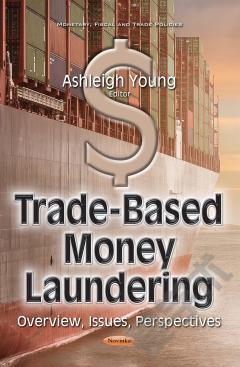

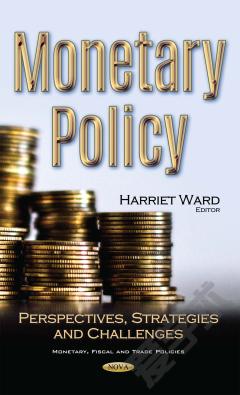

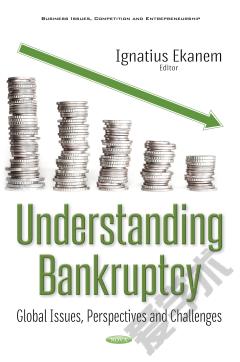
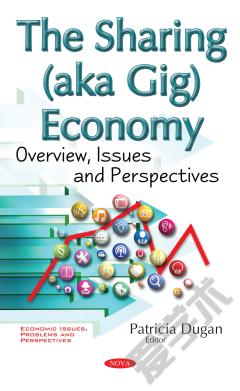
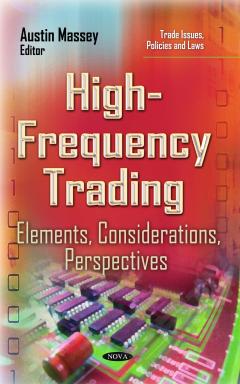

 京公网安备 11010802027623号
京公网安备 11010802027623号